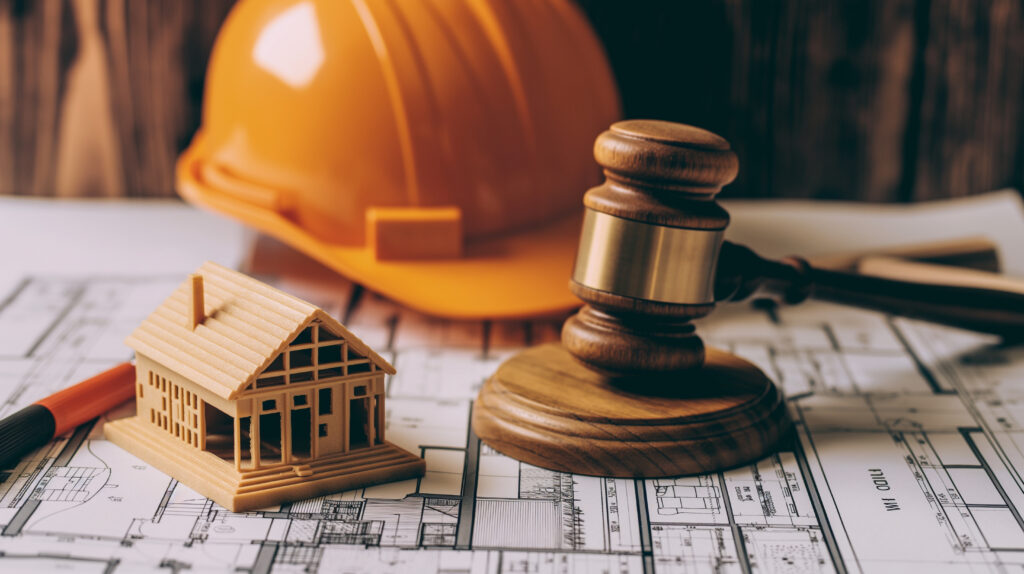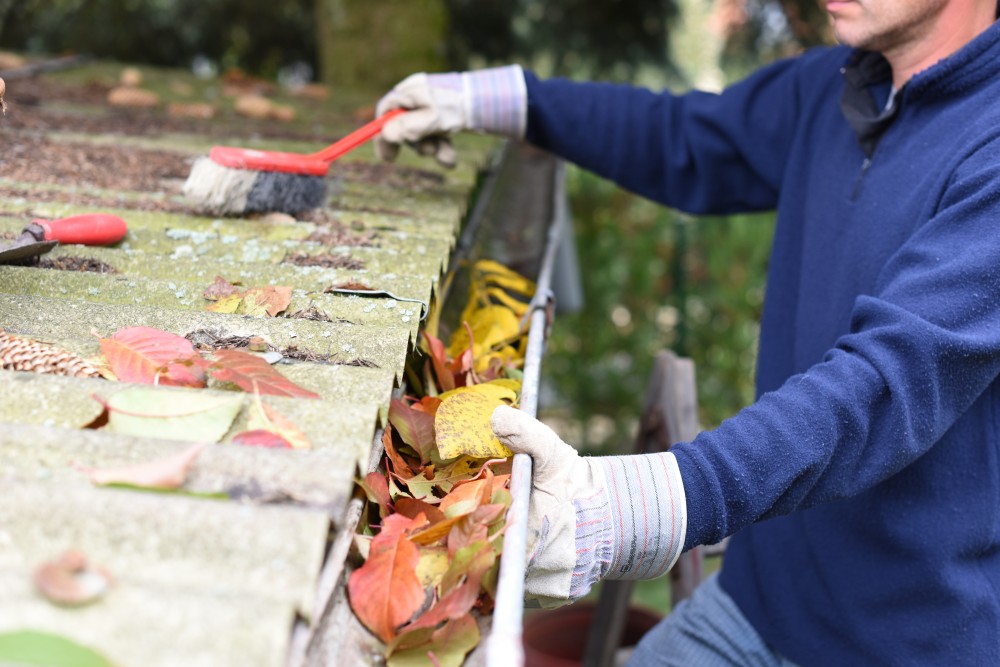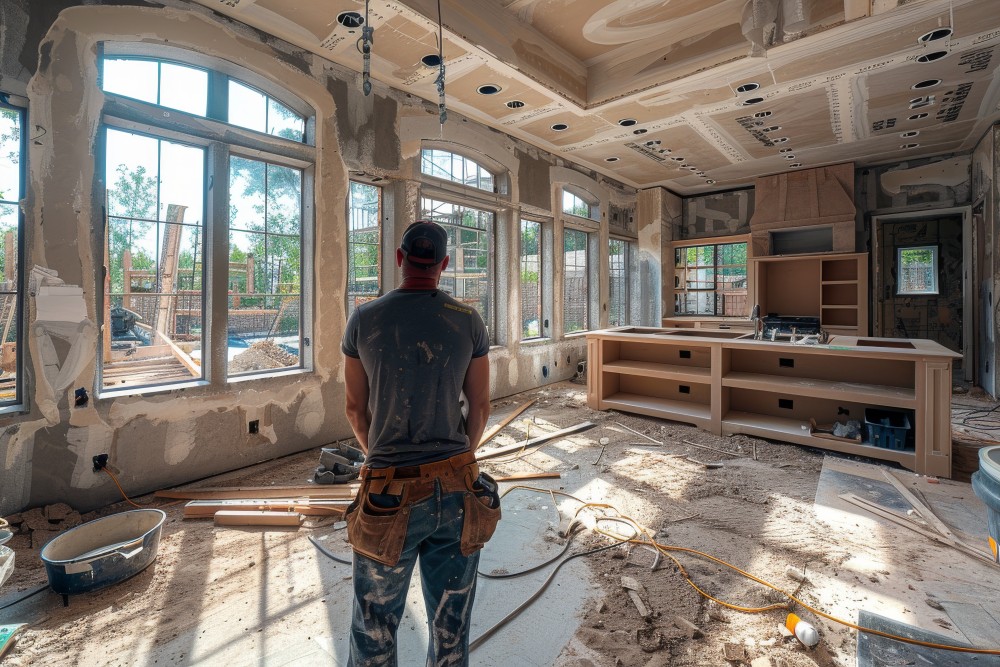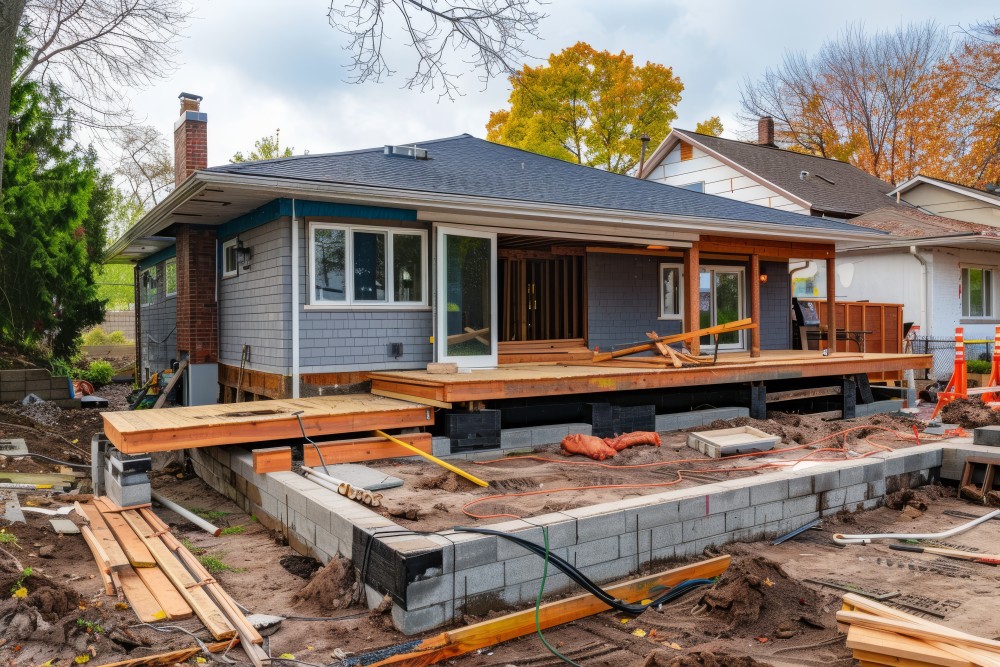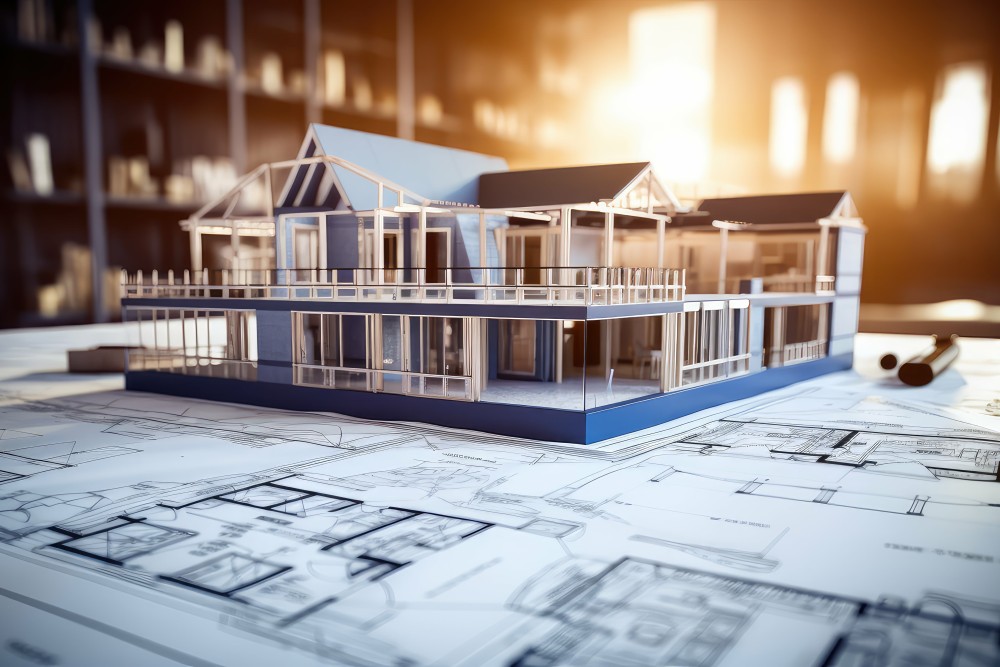1. Skipping Permits and Inspections
Mistake:
- Ignoring Permits: Many homeowners skip the permit process to save time and money, not realizing that this can lead to significant legal and safety issues.
- Avoiding Inspections: Skipping inspections can result in subpar work that doesn’t meet building codes.
How to Avoid:
- Research Requirements: Understand the permits required for your project by checking with your local building department.
- Comply with Codes: Ensure all work complies with local building codes and schedule necessary inspections.
2. Underestimating the Budget
Mistake:
- Inadequate Budgeting: Underestimating the costs can lead to incomplete projects or compromised quality.
- Ignoring Hidden Costs: Failing to account for hidden costs such as permits, inspections, and unexpected repairs.
How to Avoid:
- Detailed Budgeting: Create a detailed budget that includes all potential expenses, including materials, labor, permits, and a contingency fund.
- Get Multiple Quotes: Obtain several quotes from contractors and suppliers to get a realistic estimate of costs.
3. Choosing the Cheapest Bid
Mistake:
- Low-Ball Bids: Opting for the cheapest bid can result in poor workmanship, low-quality materials, and ultimately higher costs in the long run.
- Lack of Due Diligence: Failing to thoroughly vet contractors can lead to hiring unqualified or unreliable professionals.
How to Avoid:
- Evaluate Bids: Consider factors such as experience, reputation, and quality of materials, not just the price.
- Check References: Verify the contractor’s credentials and speak with past clients to assess their reliability and quality of work.
Join HICP Homeowner’s Alliance
Connect with experts, get special discounts and enjoy member benefits
4. Inadequate Planning
Mistake:- Rushing into the Project: Starting a project without a clear plan can lead to mistakes, delays, and increased costs.
- Lack of a Timeline: Not setting a realistic timeline can result in prolonged disruptions and higher expenses.
- Thorough Planning: Spend adequate time planning every aspect of the project, including design, materials, budget, and timeline.
- Create a Schedule: Develop a realistic timeline with milestones and deadlines to keep the project on track.
5. Overlooking Maintenance and Upkeep
Mistake:- Ignoring Long-Term Maintenance: Focusing only on the immediate renovation without considering long-term maintenance needs can lead to future problems.
- Skipping Regular Inspections: Neglecting regular inspections can result in unnoticed issues that become costly repairs.
- Plan for Maintenance: Choose materials and designs that are durable and easy to maintain.
- Regular Inspections: Schedule regular inspections and maintenance to keep your home in good condition.
6. Over-Improving for the Neighborhood
Mistake:- Exceeding Market Value: Investing too much in improvements that exceed the market value of homes in your neighborhood can lead to poor returns on investment.
- Mismatch in Style: Making changes that don’t fit the style of your neighborhood can make your home less appealing to potential buyers.
- Research Market Value: Understand the market value of homes in your area and plan improvements accordingly.
- Consider Compatibility: Ensure that the style and scope of improvements are in harmony with the surrounding homes.
7. Ignoring Professional Advice
Mistake:- DIY Overreach: Taking on projects that require professional expertise can lead to mistakes and safety hazards.
- Ignoring Expert Recommendations: Dismissing advice from contractors, designers, or inspectors can result in suboptimal outcomes.
- Know Your Limits: Only take on DIY projects that match your skill level and experience.
- Consult Professionals: Seek advice from qualified professionals and heed their recommendations to ensure quality and safety.
8. Neglecting Energy Efficiency
Mistake:
- Short-Term Focus: Overlooking energy efficiency improvements can lead to higher utility bills and missed opportunities for savings.
- Inadequate Insulation: Failing to properly insulate can result in energy loss and decreased comfort.
How to Avoid:
- Energy-Efficient Upgrades: Invest in energy-efficient windows, doors, insulation, and appliances.
- Consider Long-Term Savings: Focus on improvements that will provide long-term energy savings and increase the overall efficiency of your home.
9. Poor Communication with Contractors
Mistake:
- Lack of Clarity: Misunderstandings and miscommunication can lead to errors, delays, and dissatisfaction with the final result.
- Failure to Document: Not documenting agreements, changes, and expectations can result in disputes and confusion.
How to Avoid:
- Clear Communication: Maintain open and clear communication with your contractor throughout the project.
- Written Agreements: Document all agreements, changes, and expectations in writing to avoid misunderstandings.
10. Forgetting About Curb Appeal
Mistake:
- Ignoring Exterior Improvements: Focusing solely on interior renovations can neglect the importance of exterior aesthetics and curb appeal.
- Inconsistent Design: Making improvements that don’t align with the overall design of the home can reduce visual appeal.
How to Avoid:
- Balanced Approach: Consider both interior and exterior improvements to enhance the overall appearance of your home.
- Consistent Design: Ensure that exterior changes complement the design and style of the home.
Avoiding common home improvement mistakes requires careful planning, realistic budgeting, and effective communication. By understanding potential pitfalls and implementing these best practices, you can ensure a successful home improvement project that enhances your home’s value, functionality, and aesthetics. Remember to prioritize safety, quality, and long-term sustainability to make the most of your investment. With diligent preparation and attention to detail, you can achieve your renovation goals and enjoy the benefits of a beautifully improved home.



